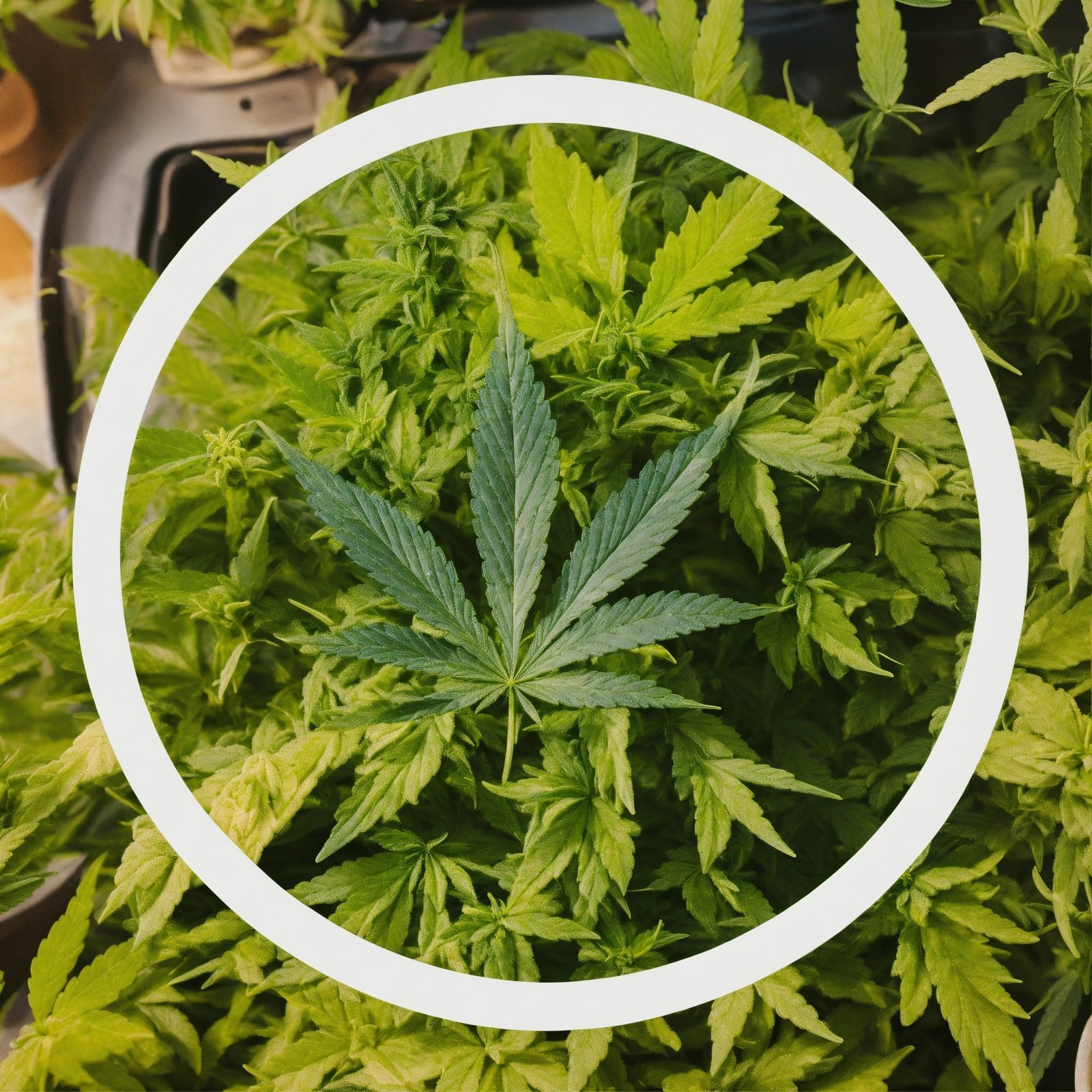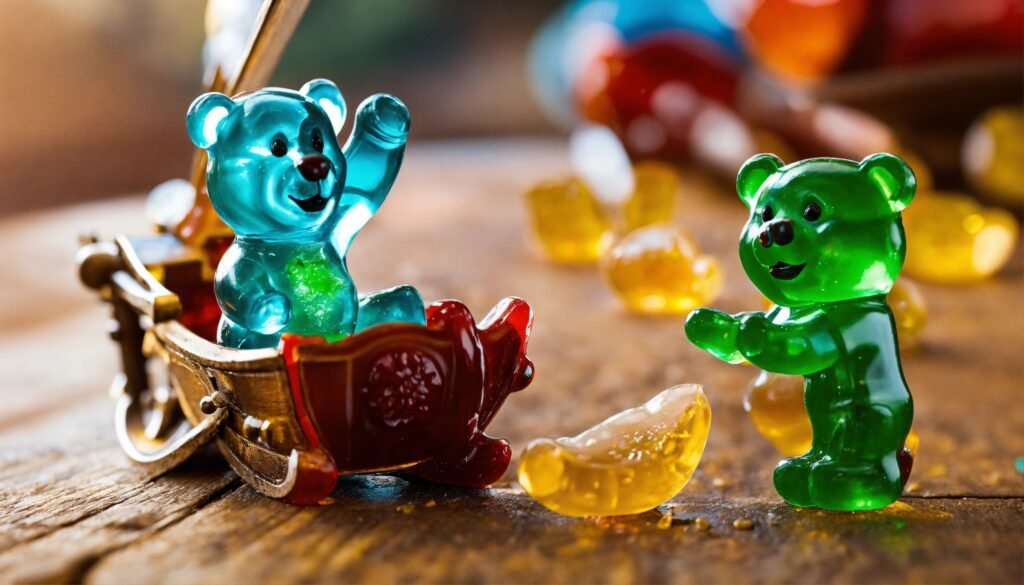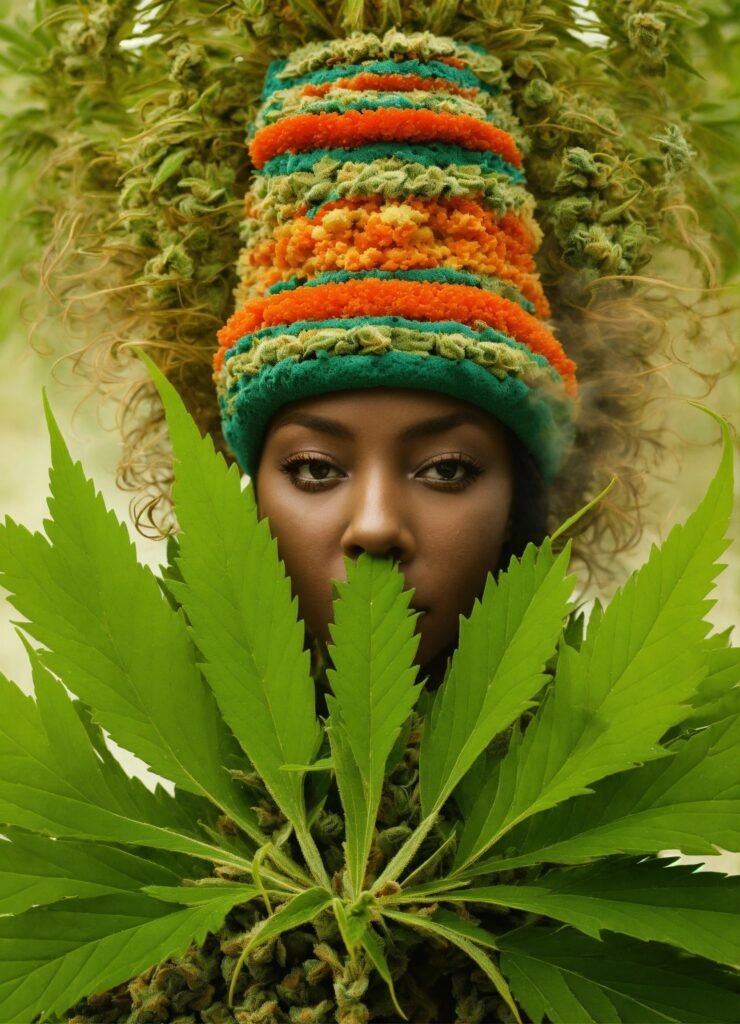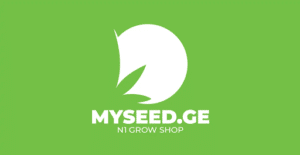
Are cannabis edibles legal in United States.? Let’s find out! Cannabis edibles, which provide a different experience from typical smoking, have become a popular and covert way to consume marijuana. Treats ranging from brownies and gummies to drinks, these delicacies are infused with cannabinoids such as THC or CBD. They offer a controlled and lasting high with careful dosage, which makes them a desirable substitute for smokers.
Due to the possibility of overconsumption and prolonged onset times, users should proceed with caution. The way CBD edibles are being promoted and used is changing how people integrate the plant into their daily lives.
Are Cannabis Edibles Legal in United States?
Certain states in the US allow the production of Cannabis Edibles as long as the hemp or cannabis used in their production is Clean Green CertifiedTM. Any food or beverage that contains cannabinoids, including marijuana, is referred to as “edibles.” Tetrahydrocannabinol, or THC, is the psychoactive component of cannabis. In contrast to smoking, edibles contain non-psychoactive cannabinoids like CBD that provide a more consistent impact when consumed.

Since marijuana has become legal for recreational use, Colorado and Washington State have seen significant increases in sales of edible marijuana products. These states did not have extensive packaging or labeling regulations in effect at first.
Further limitations were put in place in response to a surge in calls to poison control centers and emergency rooms due to marijuana use. Currently, laws governing edibles’ labeling and packaging have been passed in Alaska, Colorado, Oregon, and Washington.
Overview of Cannabis Edibles usage in the U.S. across the states
In the US, marijuana is permitted for medical use in 38 of the 50 states and for recreational use in 24 of them. Cannabis is not allowed to be used for any reason and is categorized as a Schedule I drug at the federal level under the Controlled Substances Act.
This is because it has been found to have a high potential for abuse and no recognized medical benefit. Despite this ban, states that have legalized cannabis possession, growing, or intrastate distribution are often exempt from federal law enforcement.
For medical purposes, 38 states, four of the five permanently inhabited U.S. territories, and the federal District of Columbia (D.C.) have legalized cannabis usage with a doctor’s approval. Ten additional states have enacted legislation restricting the psychoactive ingredient tetrahydrocannabinol (THC) to facilitate the sale of goods high in cannabidiol (CBD), the non-intoxicating part of cannabis.
In addition to D.C., three U.S. territories, and 24 states have allowed cannabis use for recreational purposes. Its use is no longer illegal in seven other states. Except for Virginia and D.C., every jurisdiction that has legalized possession has also permitted commercial distribution. Except for Delaware, Illinois, New Jersey, and Washington state, each of these states allows private cultivation for recreational use.
Statewise Regulations of Cannabis Edibles Usage in the United States
In California, it is legal for any adult over the age of 21 to possess, buy, or donate up to one ounce of marijuana and up to eight grams of concentrated marijuana. It is also possible for adults to grow up to six live cannabis plants.
In Maine, those over 21 are allowed to cultivate up to six flowering and twelve immature marijuana plants, as well as use and possess up to 2.5 ounces of marijuana.

Adults in Oregon who are older than 21 are allowed to own up to eight ounces of marijuana at home and up to one ounce while they are out in public. Adults may also consume up to 16 ounces of solid marijuana products, such as edibles.
Adults over 21 are allowed to possess up to two ounces of marijuana in Washington, D.C., and to give up to one ounce of marijuana to another individual. Additionally, adults are capable of producing up to six marijuana plants, three of which may reach maturity.
Due to Congressional Republicans’ repeated inclusion of language prohibiting the District from establishing an independent regulating body in spending bills, recreational cannabis sales are not permitted in Washington, D.C.
Alaskan adults who are over 21 are allowed to possess up to one ounce of marijuana, give it away, and cultivate up to six plants only three of which may be fully grown. Taking the medication in public is prohibited.
In Colorado, adults over 21 are allowed to possess, give away, and grow up to six plants of marijuana per person. However, no matter how many individuals dwell in a residence, a residence may only have a total of 12 plants. It is forbidden to use marijuana in public.
Conclusion
Cannabis edibles have different legal statuses in the United States; certain states allow them to be used for either medical or recreational purposes. Nonetheless, a complex environment is created by contradictory federal regulations and changing state legislation. To guarantee compliance and steer clear of legal ramifications associated with cannabis edible consumption, people must remain up to date on local rules.
If you like this article on “Are cannabis edibles legal in United States?” don’t forget to mention our article in your reference.
Thank You!




